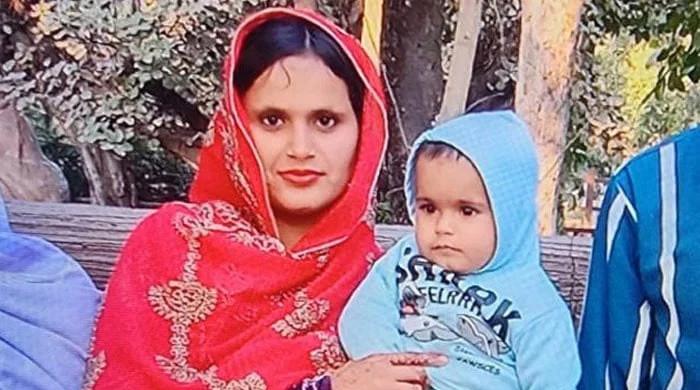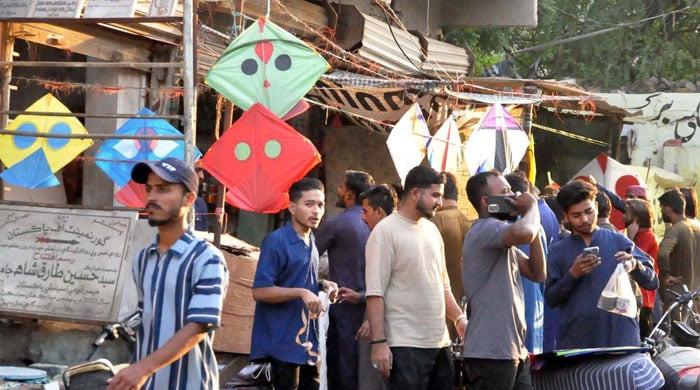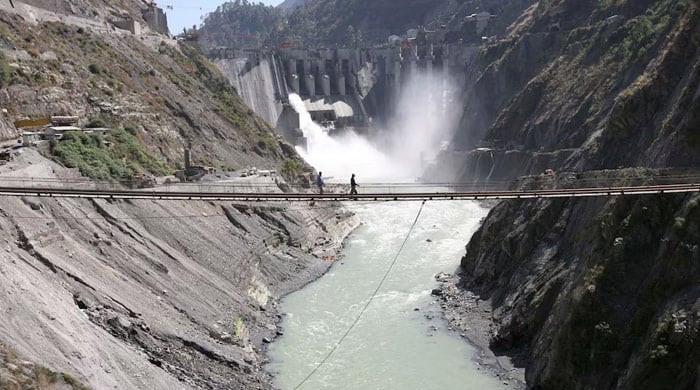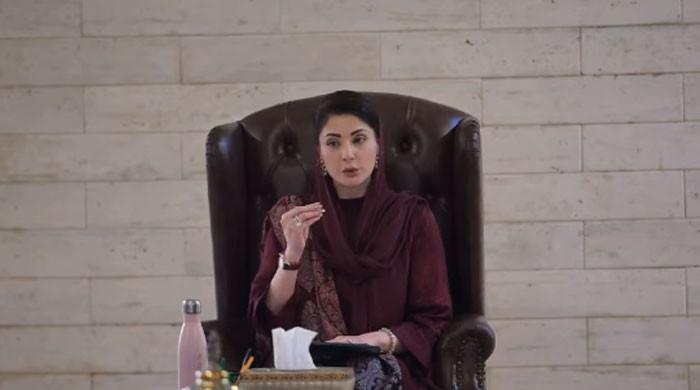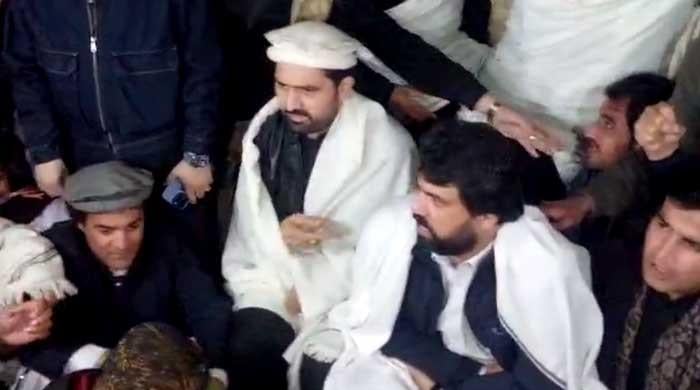Qandeel murder case: Court extends Mufti Qavi's remand by four days
Decision to discharge the cleric from hospital would be taken on Tuesday, says doctor
October 23, 2017
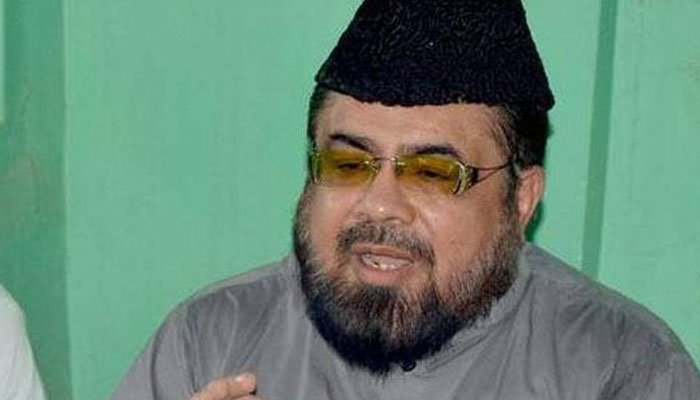
MULTAN: A judicial magistrate on Monday extended the remand of Mufti Abdul Qavi after recording the accused's statement in the Qandeel Baloch murder case.
The remand of the cleric was extended for another four days after Qavi's statement was recorded in an ambulance.
The magistrate, Pervaiz Khan, had earlier in the day had asked the police to present the cleric in court after the law-enforcement agency failed to present him before the magistrate.
Qavi was later transferred back to the hospital after his statement was recorded. Dr. Zafar of Institute of Cardiology said the decision to discharge the cleric would be taken on Tuesday.
A second angiography for the cleric was scheduled to be held today after the first angiography had revealed that one of the arteries in patient’s heart is blocked.
A sessions court, hearing the model and social media icon's murder case, had remanded the accused into police custody for four days on October 19.
The doctors had also reasoned that Qavi’s custody cannot be handed over to the police till the patient’s health recovers.
The development comes a day after Baloch's parents claimed that the prime accused of their daughter's murder — Mufti Abdul Qavi — had offered millions in bribe to withdraw the case.
"We won't forgive our daughter's murder in exchange for the money, cars, and houses [offered to us]," Qandeel's parents said. "We are happy that Qavi was arrested and request the Chief Justice of Pakistan to keep a close eye on the case."
On October 12, a court issued non-bailable arrest warrants for Mufti Abdul Qavi in Baloch’s murder case.
Qandeel Baloch
Baloch, who shot to fame for her provocative selfies that polarised Pakistan, was allegedly strangled in July by her brother Muhammad Waseem.
He said she had brought shame on the family and confessed to his crime in a press conference after his arrest.
Prior to her death, Baloch, whose real name was Fauzia Azeem, spoke of worries about her safety and had appealed to the interior ministry to provide her with security.
In Facebook posts, Baloch, 26, spoke of trying to change "the typical orthodox mindset" of people in Pakistan.
She faced frequent abuse and death threats but continued to post provocative pictures and videos.




